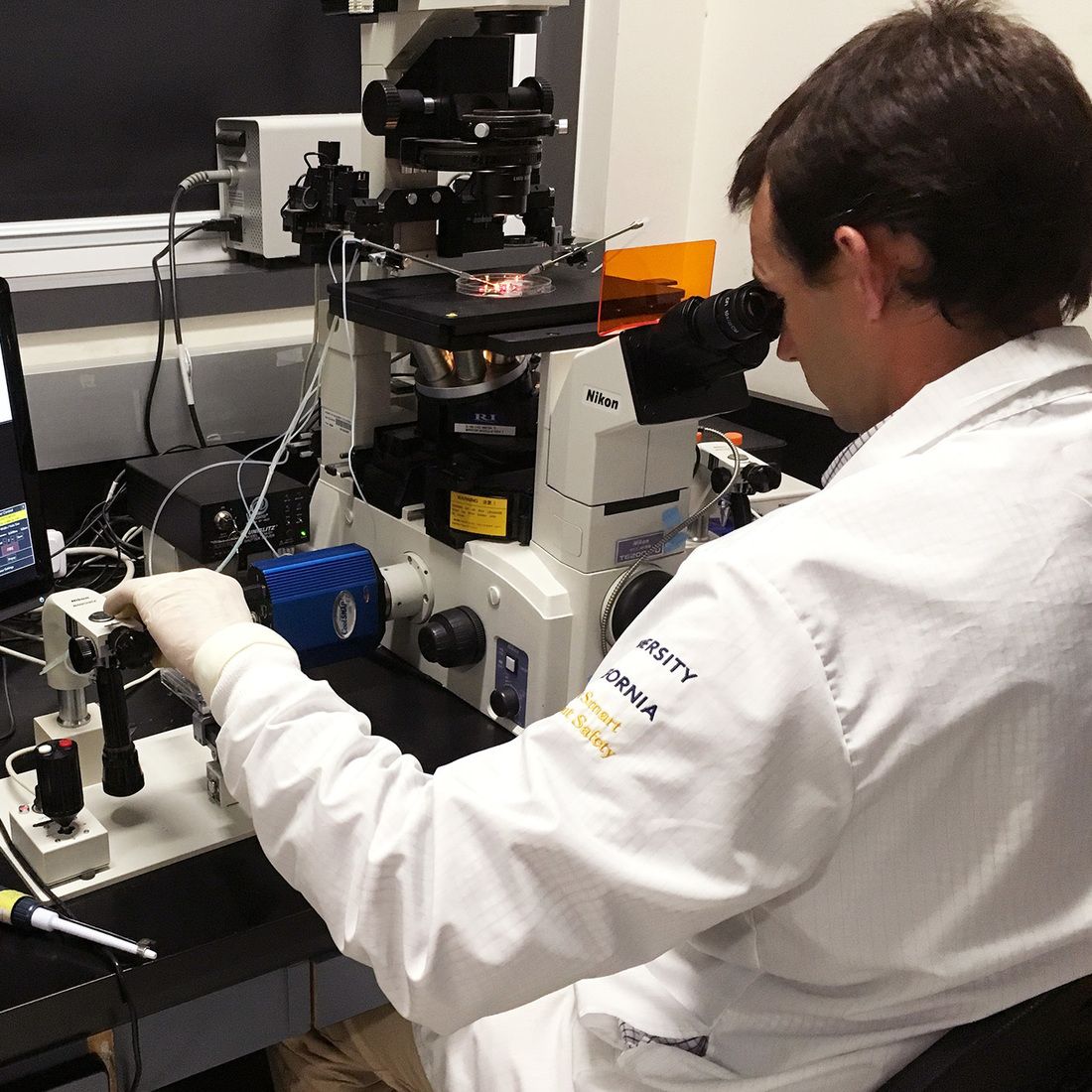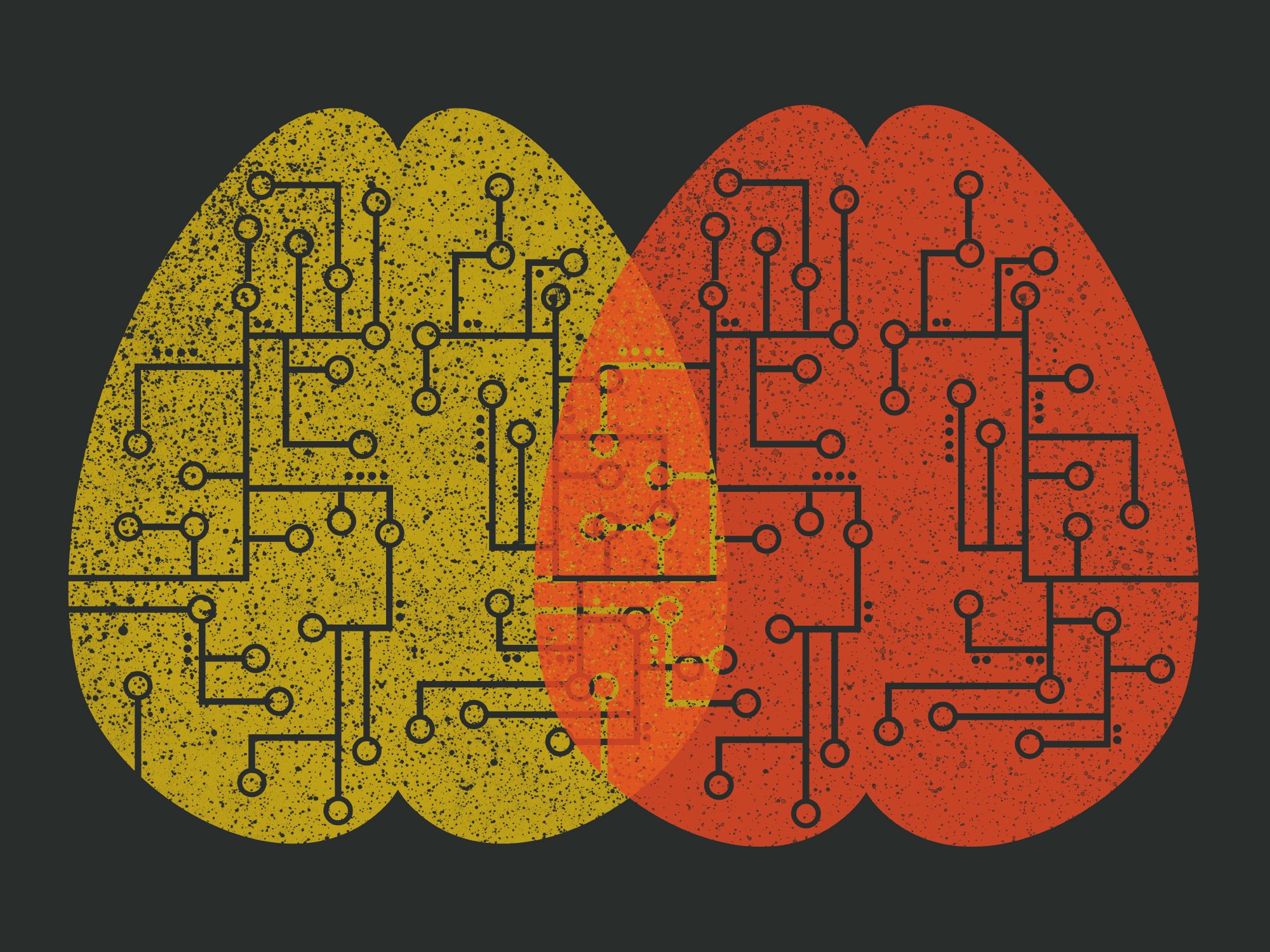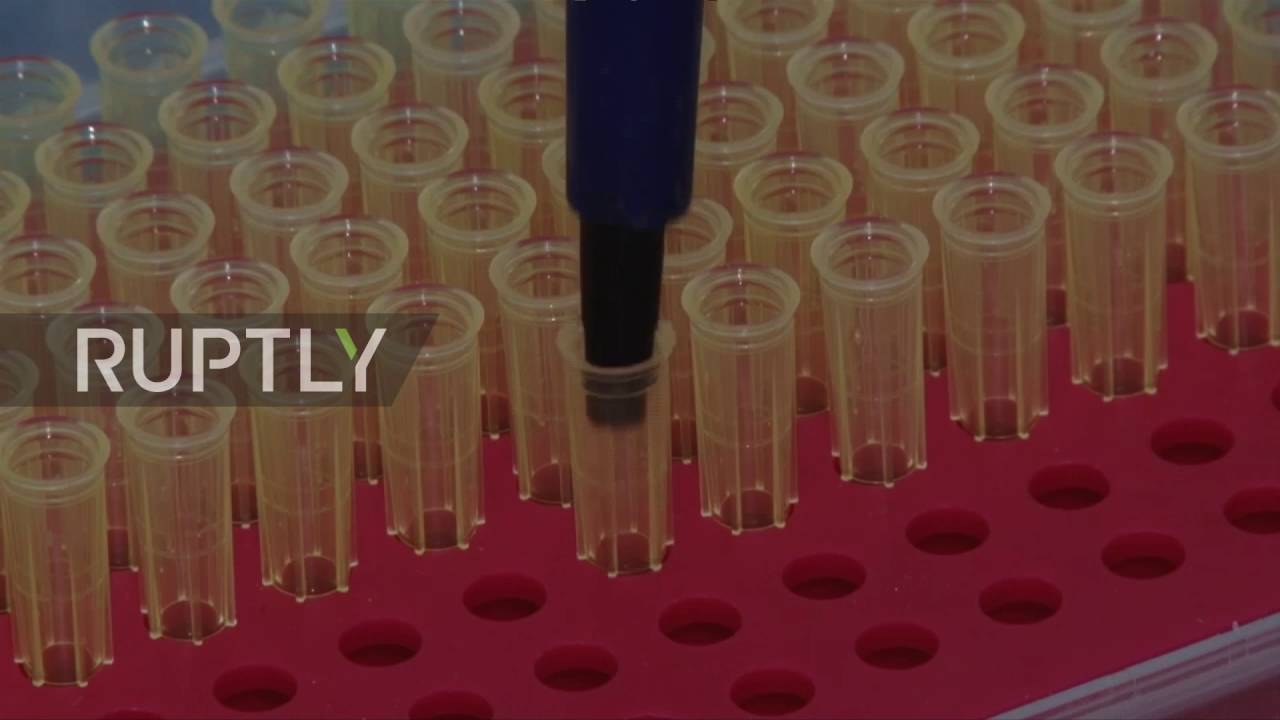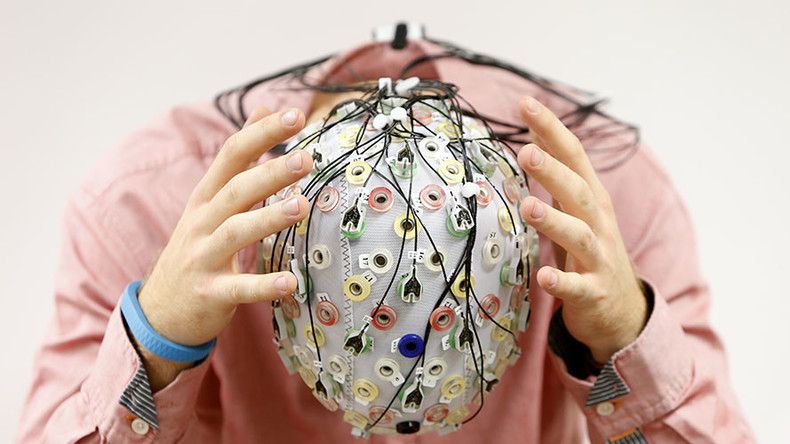Aug 11, 2016
Science Explained: The Possibility of Life on Mars
Posted by Shailesh Prasad in categories: science, space
Where there is water, there is life. This is a statement that has been reaffirmed over and over again. Whether it is in the acidic waters surrounding volcanoes or in the dark and frozen wastes of the icy Antarctic, wherever we find liquid water, we find life. That’s what makes one of the most recent finds by NASA’s Curiosity rover so amazing—Evidence of liquid water on Mars. And even more recently (this month, in fact), NASA announced that it had confirmed evidence of water flowing on Mars.
Granted, this “flowing water” is really more of a trickle (damp soil, if you will), but the find is still exciting for a number of reasons.
Continue reading “Science Explained: The Possibility of Life on Mars” »


















